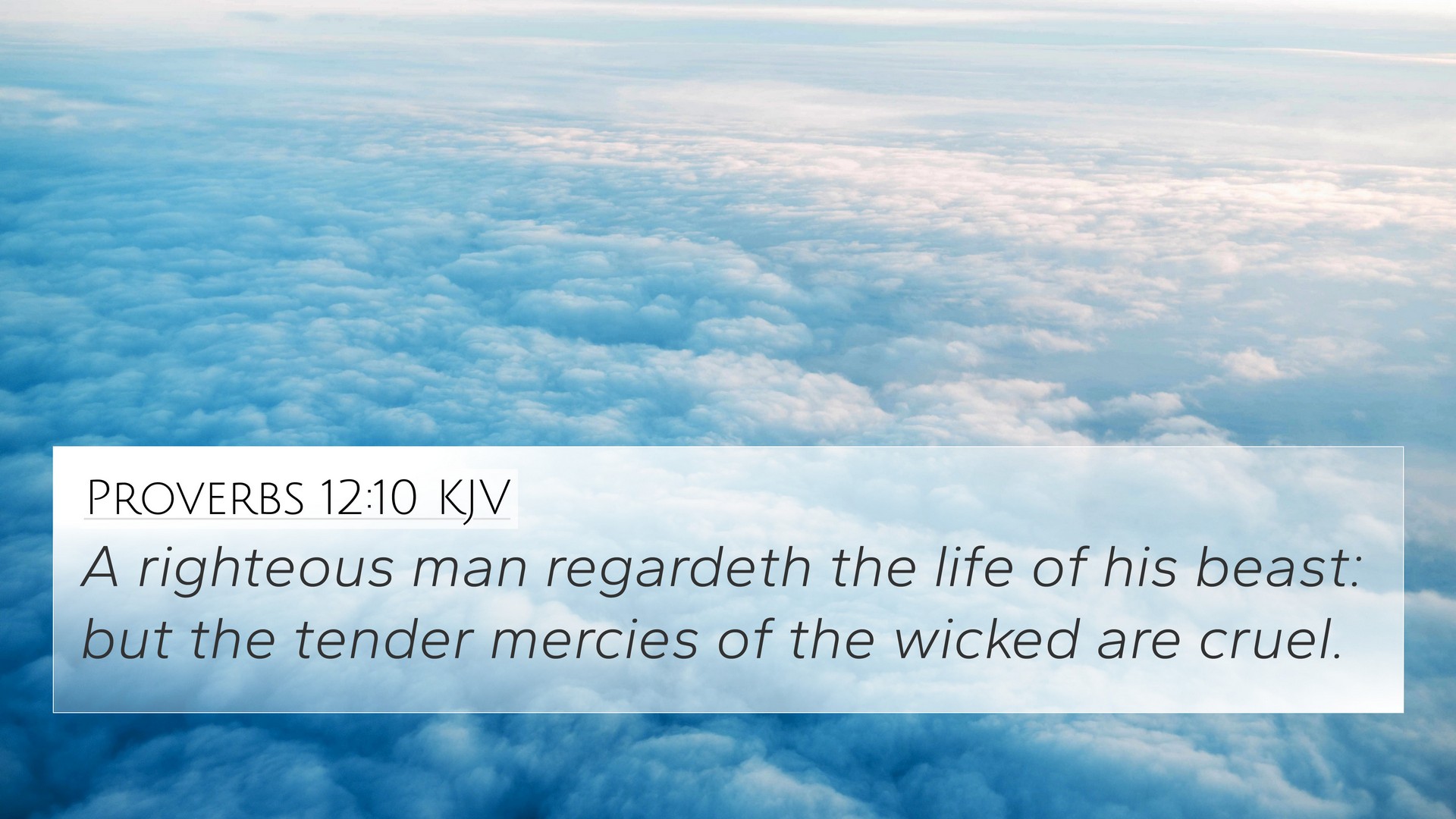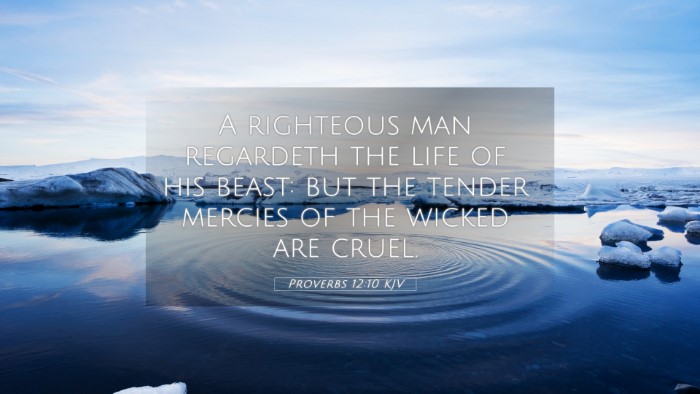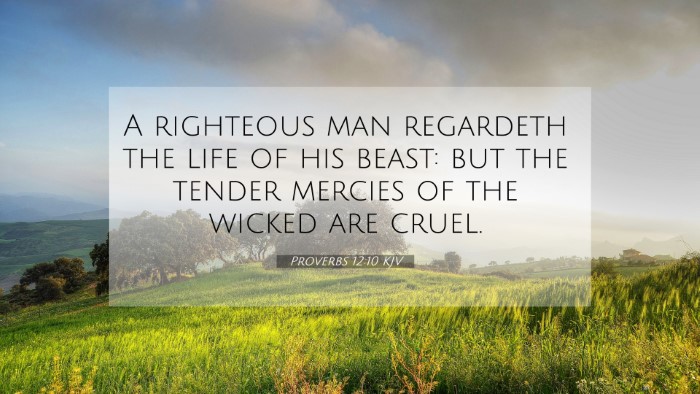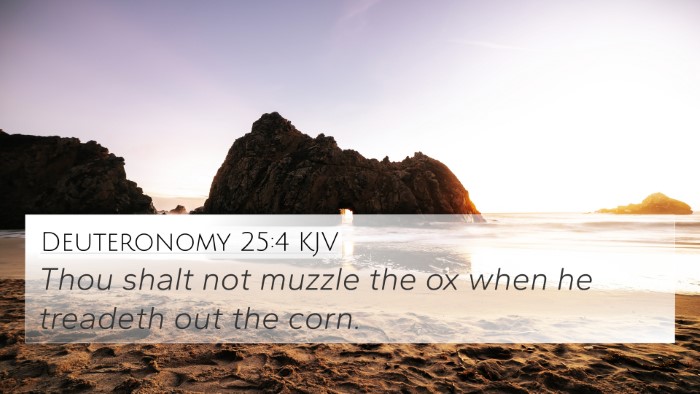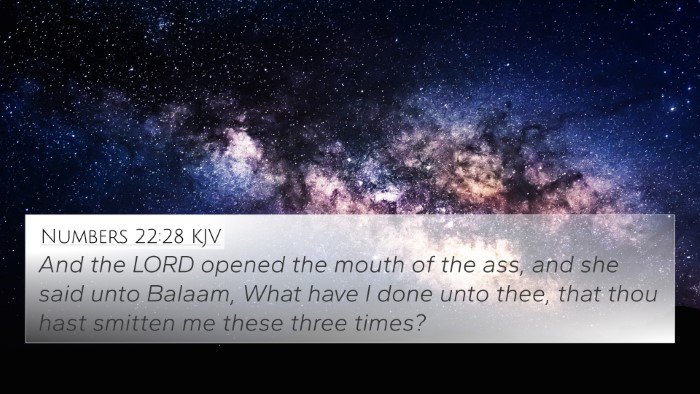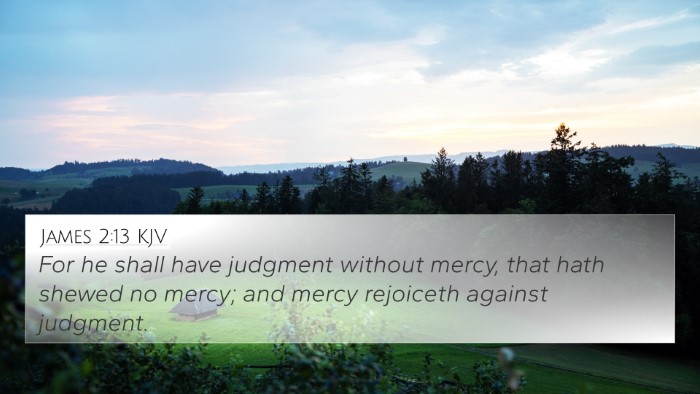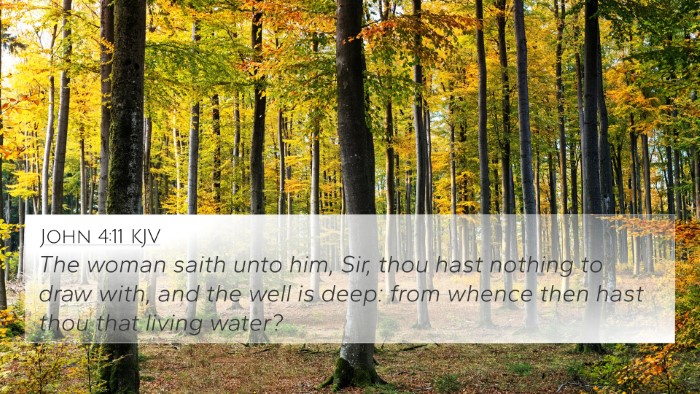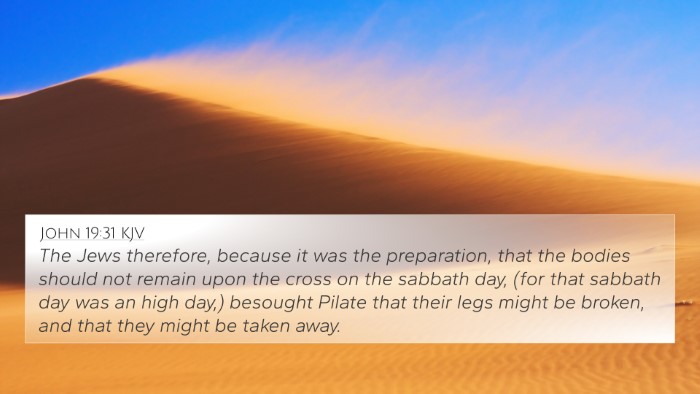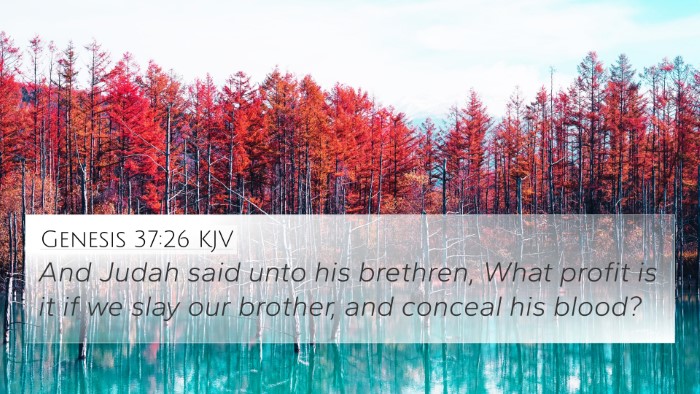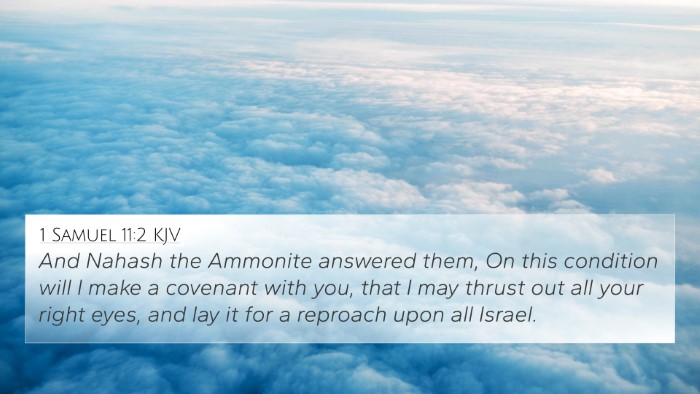Understanding Proverbs 12:10
Verse: “A righteous man cares for the needs of his animal, but the kindest acts of the wicked are cruel.”
Summary of Meaning
Proverbs 12:10 highlights the moral responsibility of a righteous person towards their creatures, emphasizing compassion and kindness, while contrasting it with the cruelty exhibited by the wicked.
Commentary Insights
Matthew Henry
Matthew Henry points out that this verse illustrates the innate compassion of a righteous person. He emphasizes that a truly righteous individual demonstrates their character through care, not just towards fellow humans, but also towards animals. Such compassion symbolizes a greater understanding of stewardship over God's creation.
Albert Barnes
Albert Barnes offers insights into the idea that righteousness is embodied not only in ethical behavior but also in how individuals interact with animals. Barnes stresses that even the smallest acts of kindness reflect an inner goodness that should be consistent across all relationships. The contrast with the wicked illustrates the depths of depravity; even kind acts can mask true self-interest.
Adam Clarke
Adam Clarke elaborates that the verse shows a significant moral truth: that genuine kindness is a hallmark of the righteous, while cruelty often permeates the lives of the wicked. Clarke stresses the idea that moral character is revealed by how one treats the helpless, asserting that our treatment of animals is often a reflection of our larger ethical stance.
Thematic Connections
This verse opens a dialogue about how life reflects moral values, drawing parallels to various other biblical texts and themes. Here are some thematic connections:
- Stewardship: Genesis 1:26-28 emphasizes humanity's role in caring for all living things.
- Compassion: Proverbs 29:7 stresses the righteousness of the just and their concern for the poor and needy.
- Kindness: Micah 6:8 encourages believers to act justly, love kindness, and walk humbly with their God.
- Animal Welfare: Exodus 23:5 advocates for kindness to animals, revealing God’s care for all creation.
- Ethical Treatment: Proverbs 15:17 suggests that being kind to others enriches life experiences.
- Reflection of Character: Matthew 5:16 declares that acts of kindness glorify God.
- Heart of Compassion: James 3:17 highlights that true wisdom produces pure and peaceful actions.
Cross-References for Deeper Study
For those looking to explore connections between Bible verses related to Proverbs 12:10, consider the following:
- Proverbs 27:23 - “Be diligent to know the state of your flocks and attend to your herds.”
- Psalm 145:9 - “The Lord is good to all, and his mercy is over all that he has made.”
- Luke 12:6 - “Are not five sparrows sold for two pennies? And not one of them is forgotten before God.”
- 1 Timothy 5:18 - “For the Scripture says, ‘You shall not muzzle an ox when it treads out the grain,’ and, ‘The laborer deserves his wages.’”
- Matthew 10:29 - “Are not two sparrows sold for a penny? And not one of them will fall to the ground apart from your Father.”
- Isaiah 11:6 - “The wolf shall dwell with the lamb, and the leopard shall lie down with the young goat.”
- Deuteronomy 25:4 - “You shall not muzzle an ox when it is treading out the grain.”
Application in Daily Life
Understanding Proverbs 12:10 guides individuals towards a more compassionate way of living. It encourages self-reflection and ethical behavior, urging one to consider how their actions, even towards animals, reflect their moral character and faith.
Conclusion
This verse not only teaches compassion but also provides an opportunity for deeper reflection on inter-Biblical themes, urging the faithful to consider how they can embody righteousness in all facets of life.
